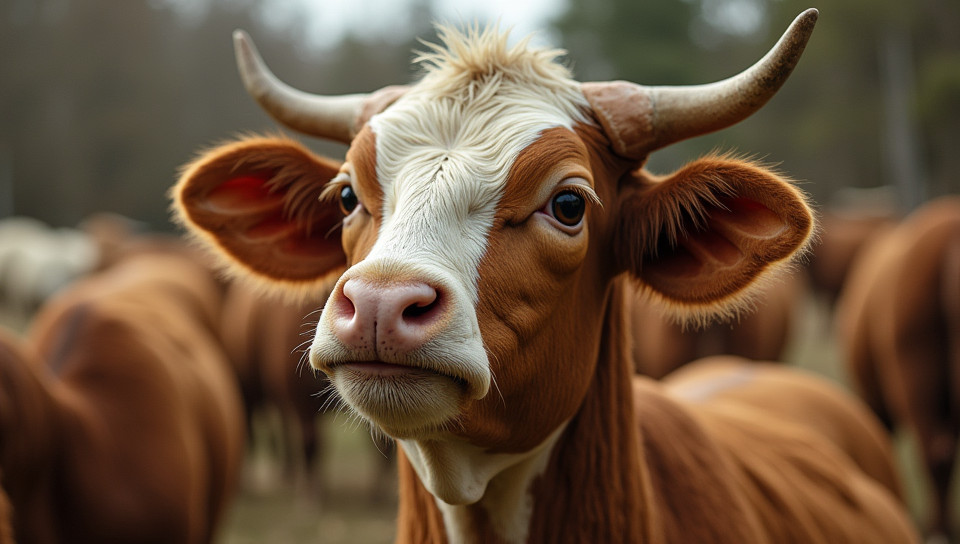Animal exploitation is associated with non-vegan choices 70%

The Hidden Cost of Non-Vegan Choices
As we go about our daily lives, making choices that seem small and insignificant can have a profound impact on the world around us. One such choice is what we put on our plates for dinner. The decision to eat meat, dairy, or eggs may seem like a simple one, but it has far-reaching consequences for animal welfare.
What is Animal Exploitation?
Animal exploitation refers to the use of animals for human benefit without regard for their well-being or rights. This can take many forms, including factory farming, where animals are raised in crowded and unsanitary conditions, and animal testing, where animals are used in experiments that often cause them significant suffering.
The Link Between Non-Vegan Choices and Animal Exploitation
There is a clear link between non-vegan choices and animal exploitation. Many of the products we buy for consumption come from industries that rely on factory farming and other forms of animal exploitation. Here are just a few examples:
- Eggs come from chickens who are confined to tiny cages and never get to experience the outdoors.
- Milk comes from cows who are forced to be impregnated repeatedly in order to produce milk, only to have their calves taken away from them.
- Meat comes from animals who are raised on factory farms, where they may be given antibiotics and hormones to promote growth and prevent disease.
The Consequences of Animal Exploitation
The consequences of animal exploitation go beyond the individual animals involved. Factory farming, for example, contributes to greenhouse gas emissions, deforestation, and water pollution, all of which have significant impacts on the environment and human health.
Making a Difference
So what can we do to make a difference? Here are a few simple steps:
- Eat more plant-based meals: By choosing plant-based options, you can reduce your demand for animal products and support more humane and sustainable farming practices.
- Support animal-friendly policies: Contact your representatives and express your support for policies that promote animal welfare and environmental sustainability.
- Educate yourself and others: Learn about the issues surrounding animal exploitation and share what you've learned with friends and family.
Conclusion
The link between non-vegan choices and animal exploitation is clear. By making conscious choices in our daily lives, we can reduce our contribution to this problem and create a more compassionate world for all beings. So next time you're thinking about what to have for dinner, remember the hidden cost of your choice and opt for something kinder, greener, and more sustainable.
- Created by: Maël François
- Created at: Jan. 27, 2025, 12:18 p.m.
- ID: 19160









